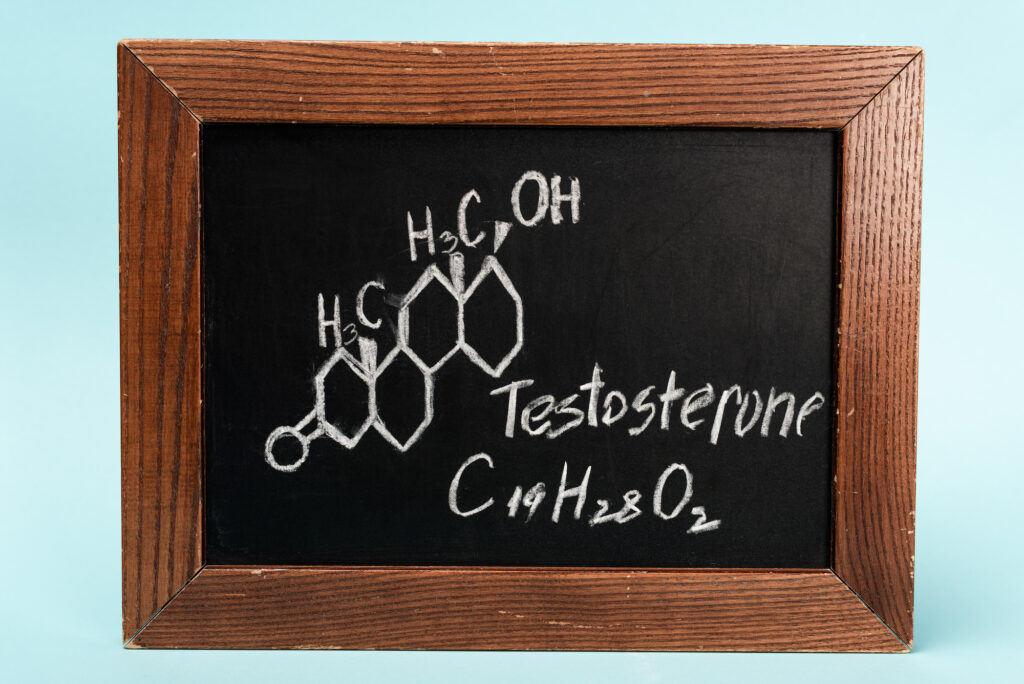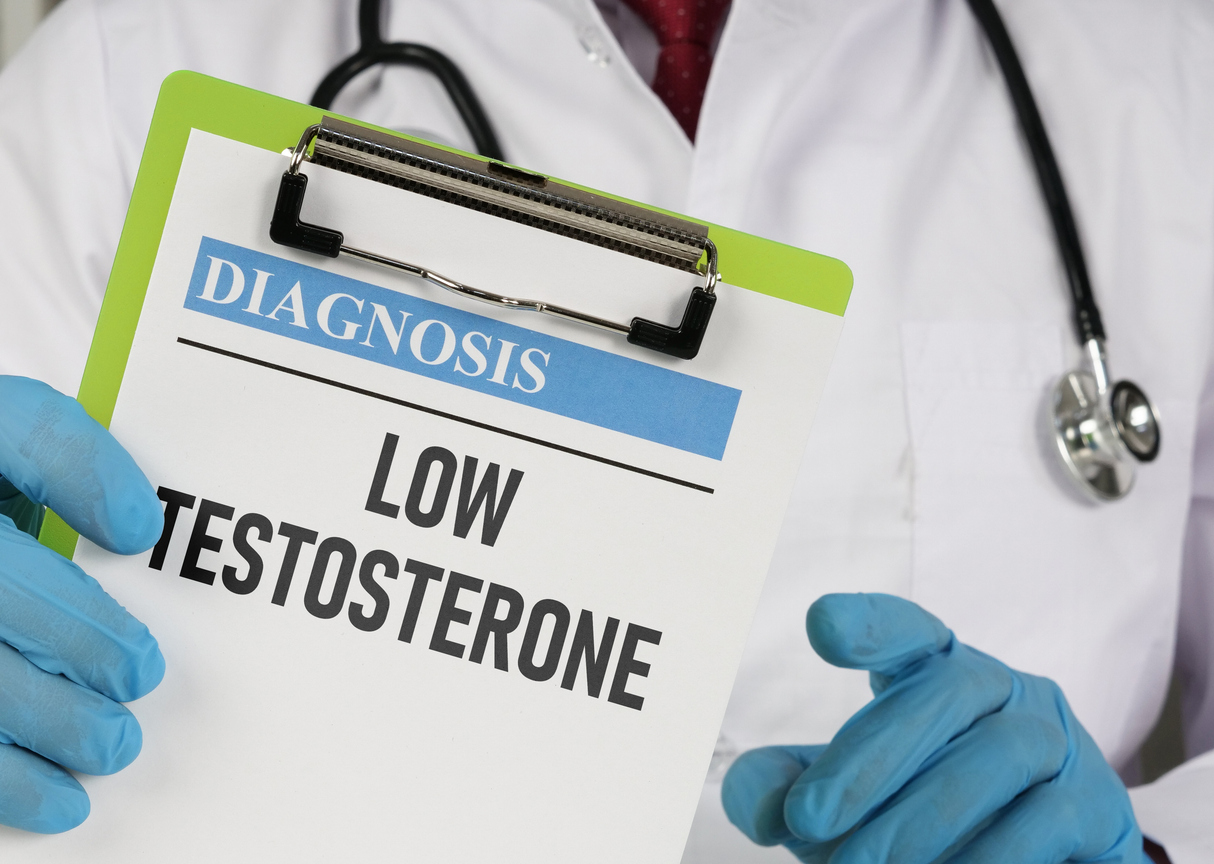Testosterone and insulin are two hormones that play crucial roles in the human body. While testosterone is often associated with male health and vitality, its influence extends beyond sexual function to include metabolic health. Insulin, on the other hand, is vital for regulating blood sugar levels. Recent studies have uncovered an intriguing link between low testosterone levels and insulin resistance, a condition that precedes type 2 diabetes and other metabolic disorders. This blog post aims to delve into this relationship and its implications for health.
Understanding the Hormones: Testosterone and Insulin
Testosterone, a hormone primarily produced in the testicles, is responsible for maintaining various bodily functions in men, including bone density, fat distribution, muscle strength and size, and red blood cell production. In women, smaller amounts of testosterone are produced in the ovaries and adrenal glands, playing a role in mood, fertility, and sexual drive.
Insulin, produced by the pancreas, is responsible for regulating blood sugar levels, allowing cells to use glucose for energy.
The Connection: Low Testosterone and Insulin Resistance
Insulin resistance occurs when cells in the muscles, fat, and liver become less responsive to insulin, leading to elevated blood sugar levels. This can eventually result in prediabetes or type 2 diabetes if not managed.
Studies have shown a strong correlation between low testosterone levels and insulin resistance. Men with low testosterone levels are often found to have higher insulin resistance and are at a greater risk of developing type 2 diabetes. The exact mechanisms behind this relationship are still being researched, but it is believed that testosterone may play a role in how our bodies store fat and manage insulin sensitivity.
Implications of the Connection
The link between low testosterone and insulin resistance has significant implications for men’s health. Men experiencing symptoms of low testosterone, such as fatigue, depression, reduced libido, and difficulties with concentration and memory, may also be at an increased risk of insulin resistance and, by extension, type 2 diabetes.
Management and Treatment
Addressing low testosterone levels can potentially improve insulin resistance. Testosterone replacement therapy has shown promise in improving insulin sensitivity in men with low testosterone levels. However, this therapy should be considered under the guidance of a healthcare professional due to potential side effects.
Lifestyle modifications can also play a significant role in managing both low testosterone levels and insulin resistance. Regular exercise, a balanced diet, adequate sleep, and stress management can help optimize testosterone levels and improve insulin sensitivity.
Conclusion
The link between low testosterone levels and insulin resistance underscores the interconnectivity of our body’s systems. Understanding this relationship can lead to more comprehensive approaches to preventing and managing metabolic disorders like type 2 diabetes. If you suspect you may have low testosterone levels or insulin resistance, consult your healthcare provider to discuss your symptoms and potential treatment options.
At Apex Hormone Health we develop treatment plans unique to you! Let us help you to get back to optimal health. Telehealth appointments available.
Contact us through our website: www.apexhormonehealth.comBottom of Form
Call or text 720-856-0200.
Email: info@apexhormonehealth.com.






